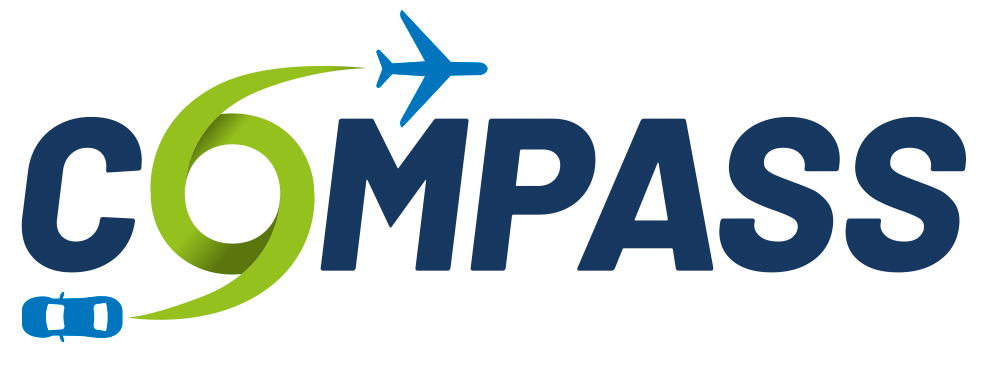Value creation as a driver for open innovation | from Il Sole 24 Ore

“Il Sole 24 Ore” highlights the generative value of work in open innovation settings and the Compass Horizon EU project.
In this article Prof. Giovanni Tolin with Prof. Alberto Di Minin talked about companies, Open Innovation and Purpose.
Can open innovation exist without a shared business “purpose”?
The process to bring many companies to become “good businesses” is still long but many companies are on the right track.Prof. Giovanni Tolin
Value creation as a driver for open innovation
Can innovation exist without a common business purpose?
We recently discussed the issue of barriers to innovation with the companies analysed in the Open Innovation Italian Outlook 2024 (produced by the Politecnico di Milano in collaboration with the company Lab11) and found that the barriers to be overcome are often cultural in nature.
This is particularly true for the type of open innovation that triggers collaborative dynamics that generate shared value among multiple actors. From the lack of a clear vision to the absence of a comprehensive approach between management and employees, the implementation of innovative collaborative models is likely to stall. What if companies first had to question the ultimate meaning of their actions? It is difficult for a company to find the motivation to innovate if it is only focused on achieving short-term profit.
According to Oxford professor Colyn Mayer, it is essential to “redefine the concept of profit in terms of what the purpose of a business can and should be”. From this perspective, businesses should help solve the problems of “individuals, communities, society and nature”. To create value, but with a business purpose as a compass that includes the fundamental reason why an organisation feels it can make a contribution to the context in which it lives.
We have already written with Valentina Cucino and Andrea Piccaluga in the book “La Buona Impresa“, published by Il Sole 24 Ore in 2021, which identifies innovative start-ups driven by the desire to leave the world a little better than they found it. The challenge faced by companies such as Quid, IntendiMe, Orange Fiber, TomaPaint? To integrate the dimension of sustainable profit over time with the categorical imperative of impact. It is not possible to do this alone. Purpose can be the glue of open innovation processes that bring together large companies, SMEs, start-ups, research organisations and institutions to create shared value. Here, the innovation of technologies, business models and management models can use the purpose as a pole star to aggregate actors around increasingly crucial challenges, leading many companies to become “good” businesses.
This is the case of the Compass project, funded by the European Commission to the tune of six million euros, which aims to recycle the 15,000 aircraft that the renewal of the aeronautics sector will lead to decommissioning over the next 15 years. In the same period, the automotive sector will have to produce vehicles that are 85% recyclable by weight. Millions of tonnes of material. The aim is to use innovation as a lever for business competitiveness and to accelerate Europe’s circular economy. The project partners also include the Italian technology scouting company NSBproject, which will promote technology transfer in European industry and the adoption of new technologies tested during the programme.
The aim is to increase the efficiency of sheet metal recycling and remanufacturing processes and to find a solution for large volumes of end-of-life component materials. The proposed approach is that of a second life in itinere, remanufacturing sheet metal and composite panels on site rather than converting them into secondary raw materials.
Intentionality is therefore a key factor. It is necessary to have a high level of motivation for quality people, processes that work and public and private financial resources that are directed towards achieving this goal. When there is a common purpose, there is that gentle push that can move actors with different backgrounds and complementary assets, which is fundamental to value creation.
Alberto Di Minin, Giovanni Tolin
